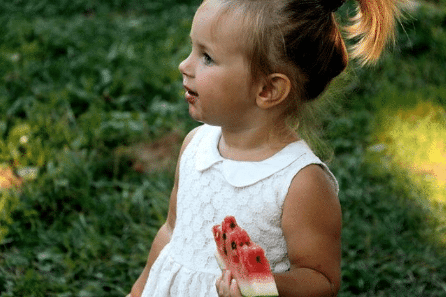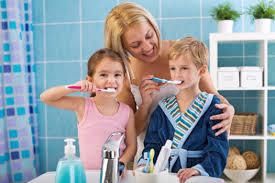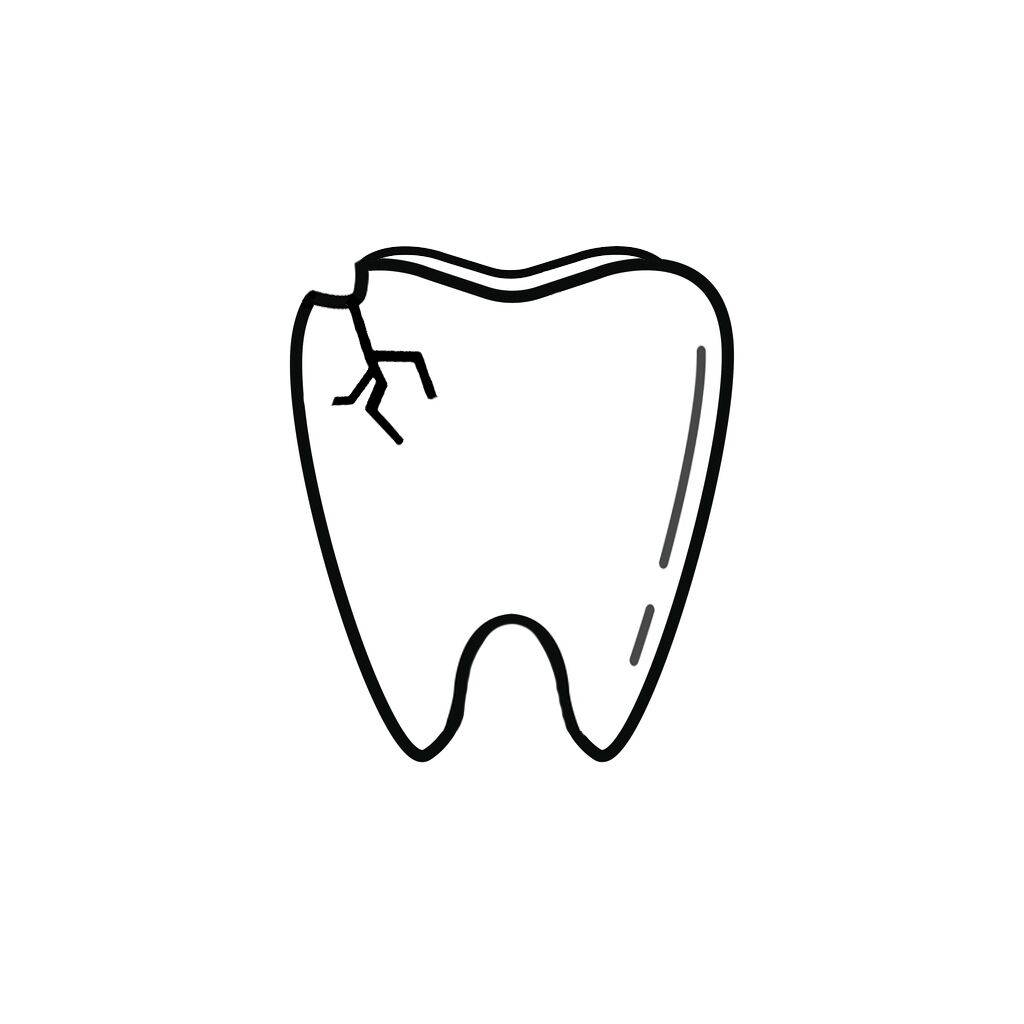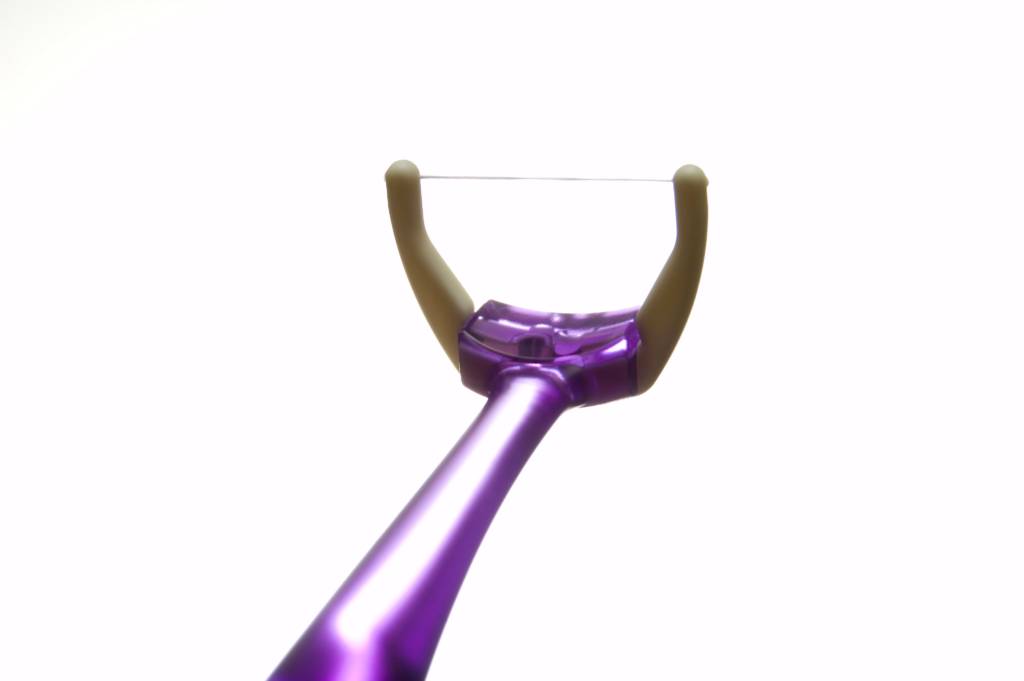
Your dentist can provide the best services in town and have all the latest technology, but none of it will mean anything if your child is filled with fear every time they hear the word dentist. It’s important to us that all our patients, no matter their age, feel comfortable and confident while visiting us. However, when it comes to you children, we can’t do it alone. Your children are very perceptive of how you are feeling and will look to you for cues on how to feel about us. Here are some of our recommendations for you to help us make your child feel safe while at the dentist.
Easy Peesy
The best advice we can offer parents is to not make a big deal out of your child’s dental appointments. If your child sees or hears any anxiety in you they will feel the same way about things. Try treating the dentist as something as normal as going to the grocery store. Often, children are much more receptive and resilient than we sometimes realize. One way to ensure that the dentist becomes normalized is to start your child off early. Schedule an appointment for your child as soon as they get their first tooth. If the child has consistently good experiences early on, the future anxiety simply won’t be there.
Meet and Greet
Consider scheduling a short 5 minute appointment for your dentist and your child to establish a relationship. If your child can see the dentist as a friend first, they will be more likely to trust them to work on their mouth. Help foster this trust by discussing the dentist one on one with your child as a fun yet calm environment. The worst thing you can do is to use the dentist as a punishment. For instance, threatening your children with “If you don’t brush your teeth you’ll have to go to the dentist” make them associate the dentist with fear, punishment and pain.
Better Seen Than Heard
When you accompany your child to the dentist, your involvement may change depending upon the level of anxiety you both are feeling.Our experienced team as found that a great option is to assure your child that you’ll be close by the entire time. Depending on the situation, you may consider not being in the room as your child’s teeth are being cleaned. If you have any fear or anxiety about the situation, your child will pick up on it and it would be better for you not to be there. Additionally, your presence can distract both the doctor and your child. For some children however, your presence may be extremely helpful. Ultimately, you know your child’s needs best.
It is well known by all dentists that the outcome of treatments in directly dependent upon the compliance of the patient. Help make sure your child’s trips to our Tyler pediatric dentist are as beneficial and painless as possible. Make sure to contact Tyler Pediatric Dentistry if you have any questions or would like to schedule an appointment. We look forward to hearing from you.
Tyler, TX 75703









